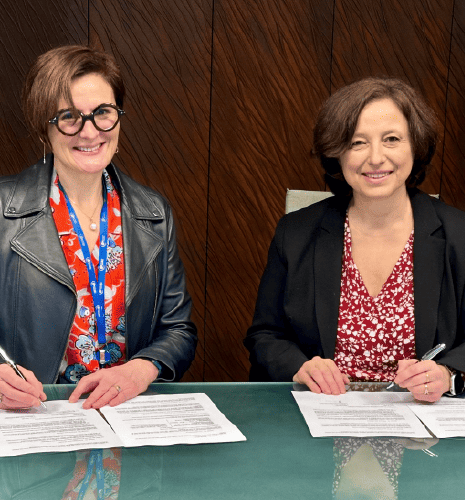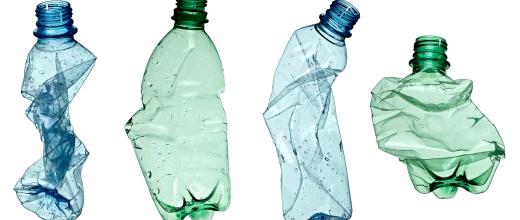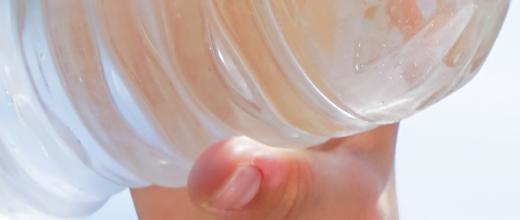
Individual page
John Armitage
Research Scientist | Geomorphology | Sedimentology | Earth Sciences
I have a diverse background in Earth Science. In 2009 I obtained my PhD in Geophysics from the National Oceanography Centre, Southampton, UK, with a focus on the geodynamics of the formation of
Individual page
Christophe PREUX
Head of Department, Physico Chemistry of Complex Fluids and Materials
Christophe Preux graduated from the MATMECA engineering school (+ DEA in applied mathematics) (2003) before completing his doctoral thesis at the University of Bordeaux 1 in partnership with the CEA
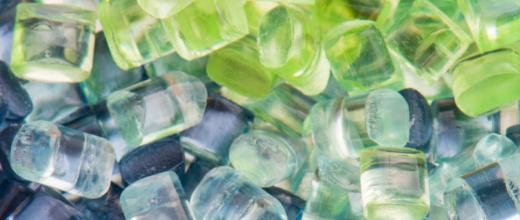
Issues and Foresight
Everything you need to know about plastic recycling
Plastic is an integral part of our daily lives and consumption habits and continues to be produced in massive quantities, causing more and more waste. It’s a complex situation that has prompted a range of regulatory responses around the world.

Individual page
Antoine FECANT
Head of Department
Antoine Fécant holds an engineering degree from the Ecole Normale Supérieure de Chimie de Lille (2004) and a DEA (Master degree) from the University of Lille I the same year. He then obtained a PhD
Individual page
Maira ALVES FORTUNATO
Researcher in Complex Fluids / Ph.D. in Chemistry
_ Maira completed her Ph.D. thesis at the Institute for Research on Catalysis and the Environment of the University Claude Bernard Lyon 1 (CNRS) and Saint-Gobain Provence Research on the catalytic

Individual page
Maria-Fernanda ROMERO-SARMIENTO
Research Engineer / Technical Advisor
Organic Geochemistry PhD. HdR.
Sciences of the Earth and the Universe HDR
Organic Geochemistry PhD. HdR.
Sciences of the Earth and the Universe HDR
Maria-Fernanda Romero-Sarmiento joined IFP Energies nouvelles in 2010 as a research scientist in organic geochemistry. She holds a Ph.D. in Organic Geochemistry from the University of Lille (France)
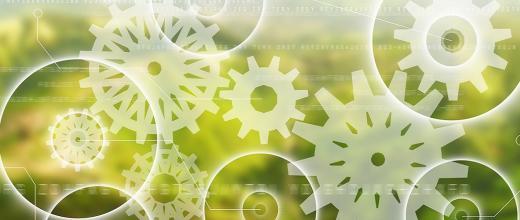
News in brief
Infographics : Life cycle assessment (LCA)
Life Cycle Assesment (LCA) : An essential tool for measuring the overall environmental impact of our products

Individual page
Jean KITTEL
Materials & Corrosion Technical Advisor, Project manager
PhD in Electrochemistry
PhD in Electrochemistry
> 20 years experience in Materials and Corrosion. Materials Engineer from INSA de Lyon, 1997. PhD in Eectrochemistry (Paris 6), 2001. Habilitation from INSA de Lyon, 2011. Member of Cefracor / EFC /
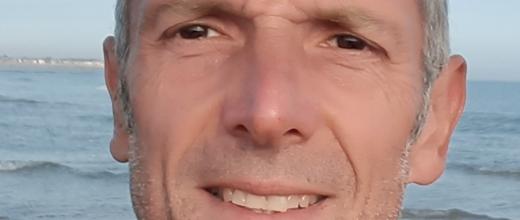
Individual page
Stéphane RAUX
Head of Department / PhD in process engineering and advanced technologies
Stéphane Raux, graduated from the ESTACA engineering school and holder of a PhD in process engineering and advanced technologies from Sorbonne University-UPMC, works at IFP Energies nouvelles since

Issues and Foresight
Metals in the energy transition
Copper, cobalt, lithium... we are set to be increasingly reliant on metals due to the large-scale roll-out of renewable energies and new forms of mobility.




